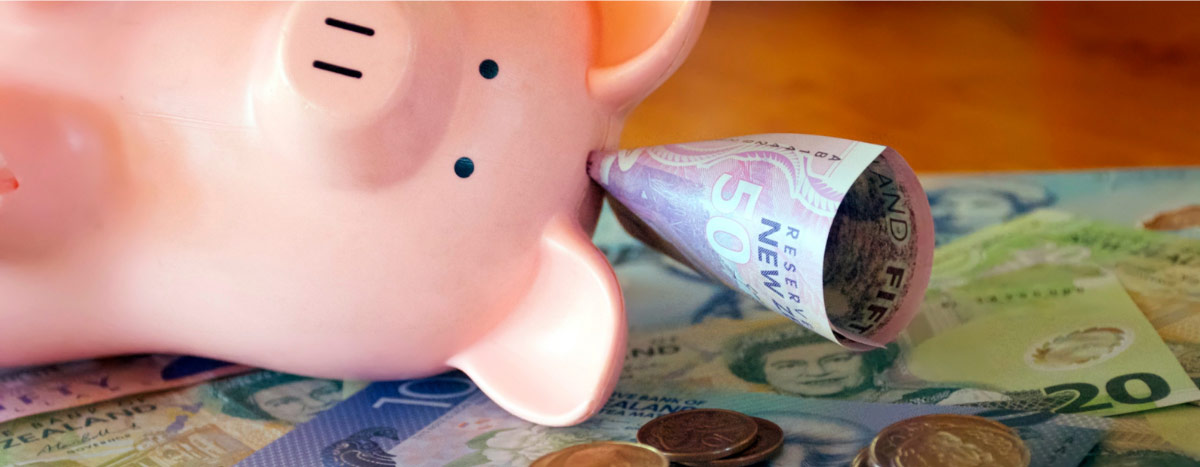Life Insurance
Lump sum payment if you were to pass away or are diagnosed with a terminal illness.
Chris Judd - 5 min read
07 April 2021
Whether you own a small business or just have a strong side hustle, tax time doesn’t need to be stressful. Australian AIA Vitality Ambassador and self-taught finance aficionado Chris Judd shares his advice for keeping things zen.

Few three-letter words strike more fear into the hearts of business owners than “tax”. But when handled the right way, taxes don’t need to be difficult.
In a weird way, sorting your taxes can actually be sort of fun. There’s certainly a level of pride and satisfaction that comes from knowing that you’re on top of it. And on the flip side, feeling as though you’re behind the 8-ball when it comes to this stuff isn’t much fun at all…
With so many people part of the gig economy now – and potentially many more after COVID – here are some simple tips to help you enjoy a stress-free tax time.
You might not think you need much help with your little side hustle. But what if it becomes successful overnight, and you don’t have your finances in order? Step one, if you can, is to use an accountant or tax professional. Even before you’ve made any money – as soon as you get your IRD number, go and see someone. They’ll keep you on the straight and narrow and help you consider things that would’ve never crossed your mind. Things that, over the course of a full tax year, could end up saving you money.
I use Evernote to keep track of my receipts for my business spending – I just take a photo within the app, and I’m done. If you don’t have Evernote, you can just take a photo with your phone and pop them all in their own folder. Keep the soft copies in a shoebox too if you want – but most phones (and apps like Evernote) hook up to the cloud these days, so your receipts will be accessible, even if you lose your phone. Easy.
Some people might choose to get a separate credit card for their business expenses, but I just have a dedicated business account with my debit card attached to it.
If you’re a sole trader, you don’t need to go through the whole process of setting up a business account either – you can just get your bank to add an extra account into your existing portfolio, and attach a card to it. That way, even if you lose your shoebox, your phone, and the cloud crashes – you’ll still have a record of all your business spending through your bank, and you’ll know exactly how many tax-deductible purchases you’ve made.
You might not think you need much help with your little side hustle. But what if it becomes successful overnight, and you don’t have your finances in order? Step one, if you can, is to use an accountant or tax professional. Even before you’ve made any money – as soon as you get your IRD number, go and see someone. They’ll keep you on the straight and narrow and help you consider things that would’ve never crossed your mind. Things that, over the course of a full tax year, could end up saving you money.
It might sound counter-intuitive, but I think a lot of people think that doing their tax themselves will end up saving them cash. I actually think the opposite is true. If you invest in that professional help early on, and pay for an online accounting service along the way, you could wind up saving money in the long run, because these people and services know exactly what they’re doing. Investing in those services could also free you up to focus on what matters: growing and nurturing your business.
Former Australian Rules footballer Chris Judd is familiar with how to get your heart rate up and push yourself physically. Twice winner of the prestigious Brownlow Medal, Chris is an honoured sportsman and father to four children, Oscar, Billie, Tom and Darcy.
Disclaimer: The information in this article is general information only and is not intended as financial, medical, health, nutritional, tax or other advice. It does not take into account any individual’s personal situation or needs. You should consider obtaining professional advice from a financial adviser and/or tax specialist, or medical or health practitioner, in relation to your own circumstances and before acting on this information.